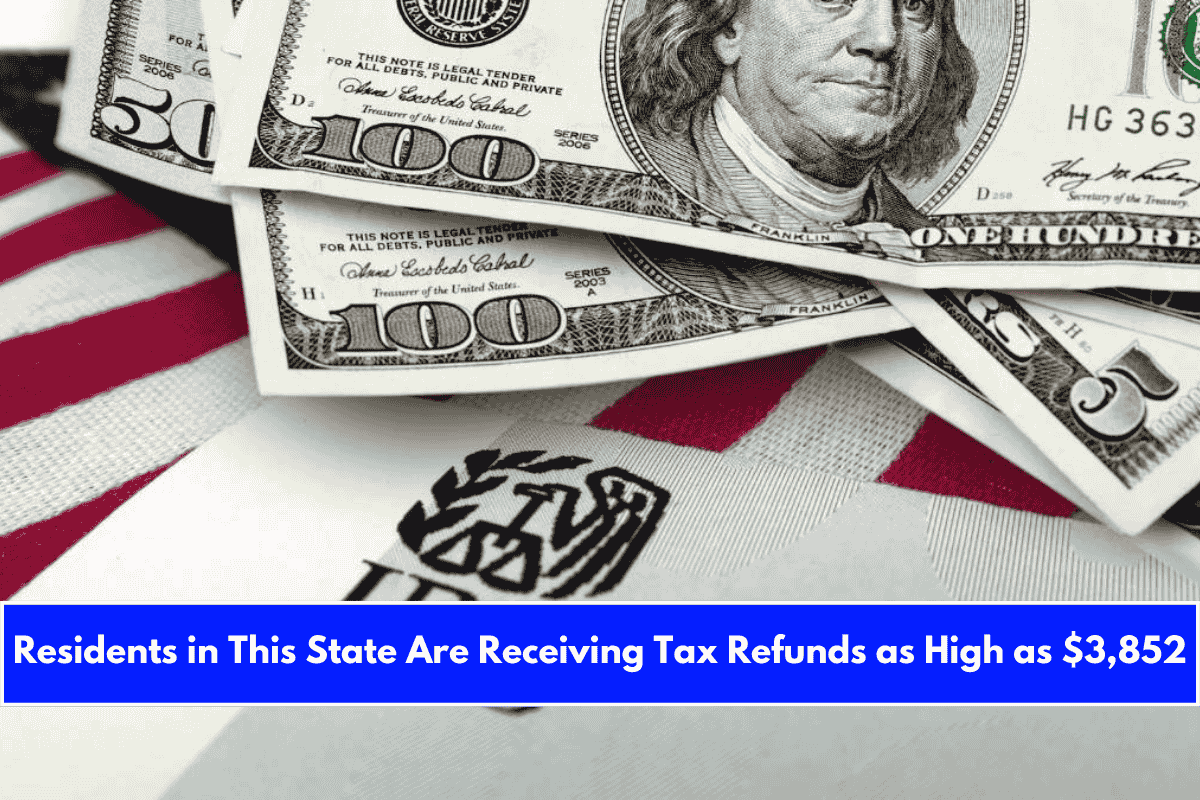As the April 15, 2025 deadline to file federal taxes in the United States approaches, the Internal Revenue Service (IRS) has already processed over 100.3 million returns, issuing refunds worth more than $210 billion.
According to the IRS, the average refund this year is 3.5% higher compared to 2024, showing a positive trend for taxpayers.
If you haven’t filed your taxes yet, you only have a few hours left — unless you live in states with natural disaster declarations, such as Maine or California, which have extended deadlines.
IRS Filing and Refund Update for April 2025
As of April 4, here’s where the numbers stand:
- Total returns received: 101.4 million
- Returns processed: 100.3 million
- Refunds issued: 67 million
- Total refund value: Over $210 billion
- Electronic filings: 98.1 million (99% of total)
- By professionals: 53.3 million
- Self-prepared: 44.7 million
- Paper returns: Only 2.1 million
The IRS expects to match or slightly fall below last year’s final return count, due to a 0.4% drop in total filings.

States with Highest Average Refunds
Some states are seeing above-average refund amounts, especially in the South and West:
| State | Average Refund |
|---|---|
| Florida | $3,852 |
| Texas | $3,774 |
| Wyoming | $3,720 |
| Nevada | $3,643 |
| Louisiana | $3,577 |
The national average refund stands at $3,164.
In contrast, New England and Northeast states have refunds 12% below the national average, due to different tax credits, incomes, and access to filing support.
Processing Time and Delays
- Electronic returns (with no errors): Processed in 21 days
- Paper returns or those with issues: Can take up to 6 months
- So far, 90% of refunds have been processed within 3 weeks
How to Track Your Refund
To track your refund, use the IRS “Where’s My Refund?” tool, available via:
You’ll need:
- Social Security Number (SSN)
- Filing status (Single, Married, etc.)
- Exact refund amount
Need More Time? File an Extension
If you can’t meet the April 15 deadline:
- You can request an extension until October 15
- BUT: You must still pay any taxes owed by April 15 to avoid penalties
Owe more than $10,000?
The IRS offers payment plans up to 72 months, and you can apply online at irs.gov/payments.











Leave a Reply